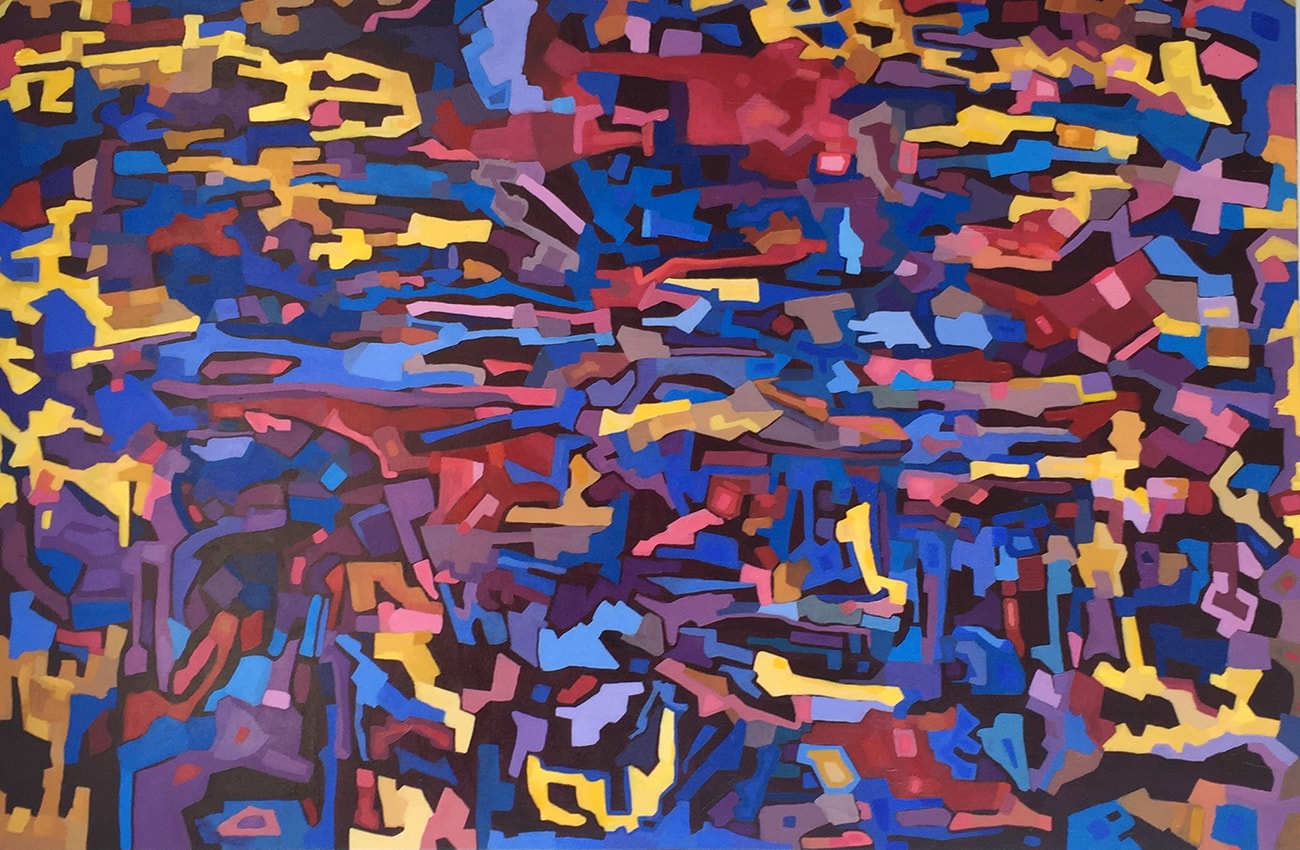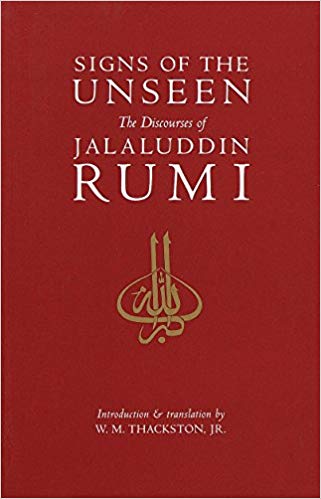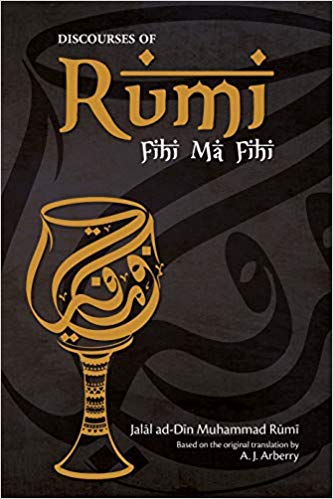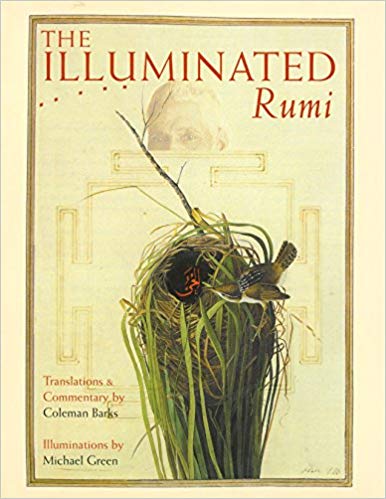
Dr. Omid Safi continues to explore the teachings of Rumi, this time focusing on religious pluralism, the essentials for prayer, and returning to a state of presence.
Listen to Omid’s first fireside chat with Rumi on Sufi Heart Ep. 15
Rumi on Religious Pluralism
The first question in tonight’s Rumi fireside chat is about religious pluralism, and whether or not all these different religions can coexist. Omid guides us through Rumi’s answer, and the idea that when we become lost in the presence of the beloved, the path that took us there no longer matters.
“When you’re standing, beholding the presence of God, at that point you’re not going to be turning around and asking to yourself, ‘How did you get here? Which path did you follow to get to this point?’ No, you’re just going to be absorbed in the presence of God. And so is the person to your left. And so is the person to your right.” – Dr. Omid Safi
The Essentials for Prayer (18:22)
What are the essentials for prayer? Omid reads from Rumi on staying wholeheartedly present for prayer. When we are present to ourselves, God is present to us. Omid talks about the power of faith, that we all share the same adoration for the beloved, even if our practices take different forms.
“The breath connects you to the body. The body connects you to the mind. And the mind connects you to your spirit. That, for Rumi, is one of the necessary elements of prayer. In order to be present with God, we have to learn to first be present with ourselves.” – Dr. Omid Safi
A State of Presence (29:43)
Omid shares stories from Rumi’s lifetime as examples of his love, tenderness, and devotion. For Rumi, it was always about getting to the heart of the matter, and returning to that state of presence and love. Omid ends the fireside chat with one last quote from Rumi about seeing the love in yourself and making it grow.
“All of these stories are examples of the insistence on being present with the divine beloved, on looking at the goal of the path rather than the path, looking at the sacred presence that’s being cultivated through the ritual and not merely the external proper performance of the ritual.” – Dr. Omid Safi




